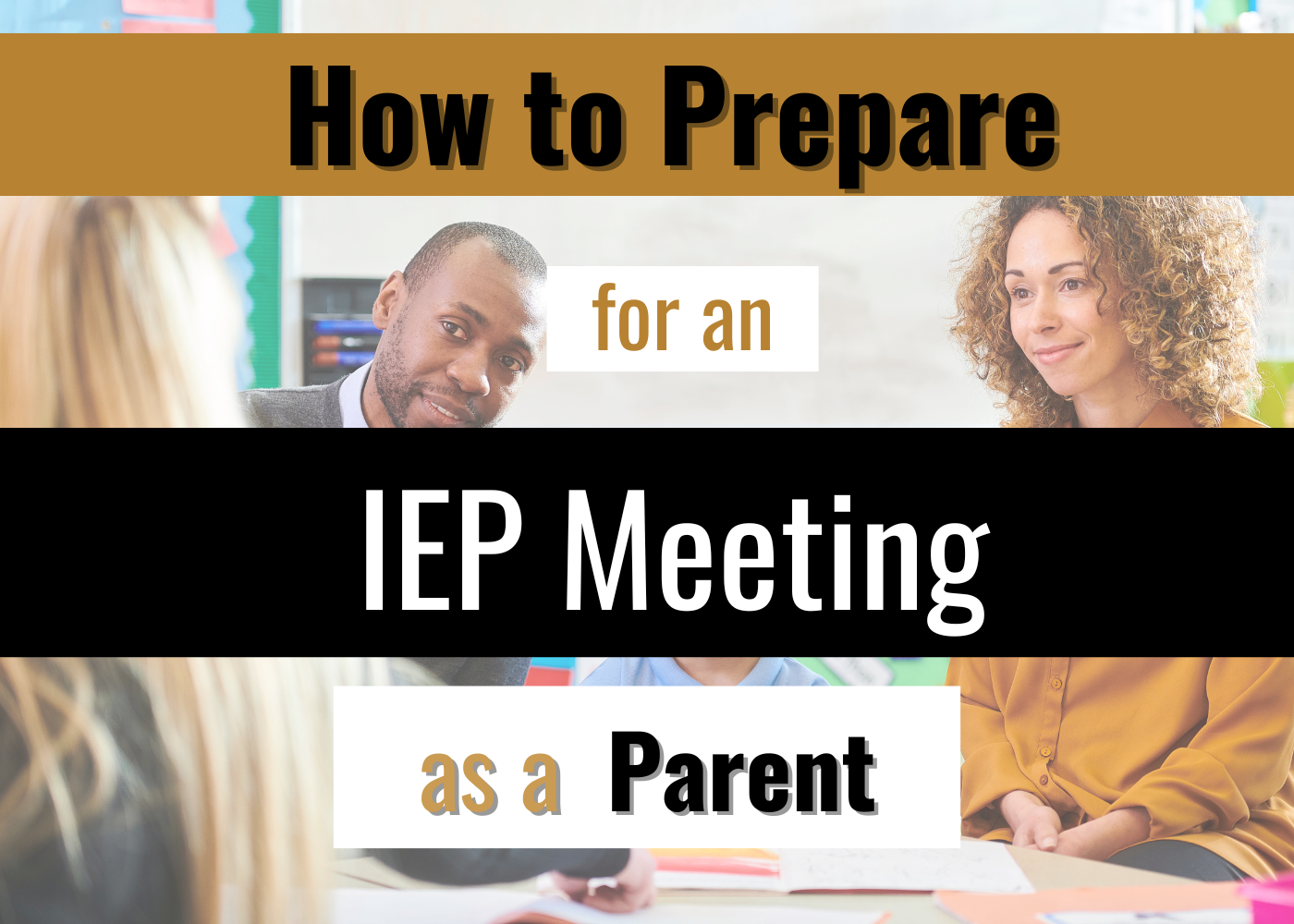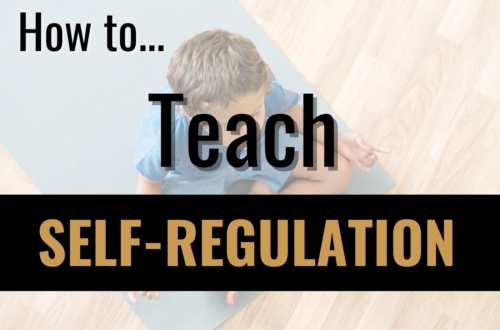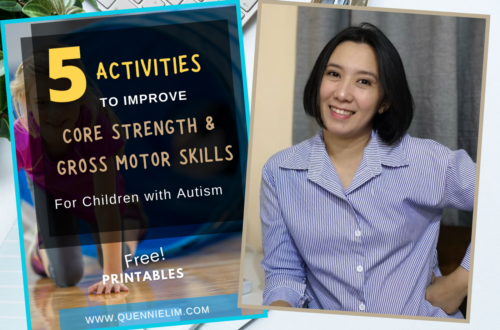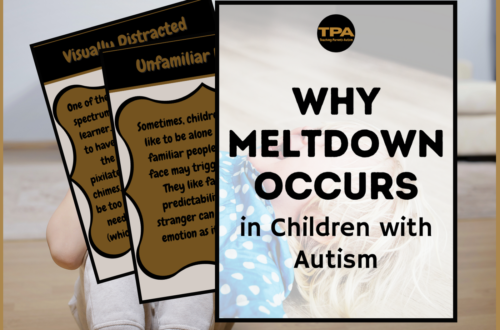How to Prepare for an IEP Meeting as a Parent

What is IEP and Why do you need to attend the meeting?
IEP or Individualized Education Program is a plan or program developed by allied educators (e.g. Special Education Teacher, Occupational Therapy, Speech Therapy, Counselor, Social Worker, etc) and parents or caregivers for an individual with an identified disability who receives specialized instruction and related services in a school.
An IEP is an important document that your child needs to have in order to come up with goals and plans that should be met at the end of the year.
The content of the IEP should be agreed upon by educators and parents.
Imagine if an architect or engineer doesn’t have a blueprint, how can they put up a building? It’s hard right? That same goes with students who do not have IEP. They are are like attending school without a goal and plan in mind.
However, some parents do not know the importance of attending IEP Meetings.
Here are a few reasons why you need to be present at the meeting with allied educators:
1. IEP helps you understand what educators are going to teach your child in class.
2. IEP helps you to know what skills need to be developed in a certain period of time.
3. It gives you an overview of where your child is heading to. This will help you in transitioning to another level of education.
4. There is more focus on the skill development rather than scattered, disorganized, and inconsistent plan for your child.
5. IEP is your guide. Your blueprint to your child’s education.
6. IEP will give you the record of the past, present, and future educational plan of your child.
7. Attending the meeting is your chance to collaborate with teachers, therapists, and other professionals who are responsible for your child’s education. Collaboration with allied educators is a huge pursuit to enhance and take actions on the goals that are planned for your child’s education. I encourage you to keep in contact with your child’s teachers and therapists so you would know the progress and strategies that teachers use in school.
8. The meeting also gives you the chance to get to know his teachers and ask questions!
10 Things To Do Before an IEP Meeting
It is good to be prepared, right?
So when parents meet educators for an IEP, it’s best to know what to expect and understand what your child will go through for a year (or so) when in school.
Sometimes, parents are the one who are scared. You are scared because you are not prepared.
Just like us, teachers, when we face a class and we are not prepared, we are scared and do not know what to do. But when we are prepared and planned what’s going to happen, we are in control of the situation and in the end, there is less stress and anxiety. So be prepared!
Here are 10 things you need to do before you meet the educators:
1. Gather all the documents you have (e.g. Doctor’s diagnosis, previous IEP, reports from therapist (if any). You don’t just gather but you know what’s the content of those reports.
2. Ask for a DRAFT copy of the IEP. Having this prior to the meeting will give you a chance to review in detail the content and goals written there. Also check the information if all are correct. Sometimes parents go straight to the goals, missing the information of the child.
3. Ask someone who is more knowledgable with the content of the IEP to review the content and give you tips and clarifications of the goals to be set for your child.
4. Be realistic. Setting too high expectations will not help in your child’s development because his level may not be as what you are expecting. Setting too low will also drag skills that he is supposed to acquire. It is good to be realistic with the goals that are achievable and at his current level. Both may end up with frustrations.
5. Ask others, like parents or previous teachers, what to expect in an IEP meeting. And what tips they can give you when meeting educators.
6. Write down the questions. Ask these during the meeting. This will help you clarify your thoughts and give you more ways on how to address a problem.
7. If possible, do not be alone. Having someone by your side will help you be more confident during the meeting. Sometimes, parents feel degraded if not shy when facing educators.
8. If you have someone with you on the meeting day, inform your child’s case manager. This is a gesture of respect which will let the educator be more approachable, understanding, and prepared.
9. Don’t be so intimidating. Honestly! I came across a few parents who feel they know a lot that in reality, they are in denial and they are the ones who need to learn about autism (and special education). Be respectful but assertive. Know that you are not at war with educators but instead collaborating with them. You are a team that need to work together for your child’s sake.
10. Lastly, IEP is just a meeting. It is just a part of the whole education of your child. Be present and try to internalize what the teacher is trying to explain. You can ask questions all throughout the year and not only during the meeting. Be a team player, support, and communicate with the educators in a positive and supportive way.
If you like this, below is your copy of this in a PDF file. I hope this will help you be prepared and get ready for the meeting! Be involved. Be proactive. Be a team player.




